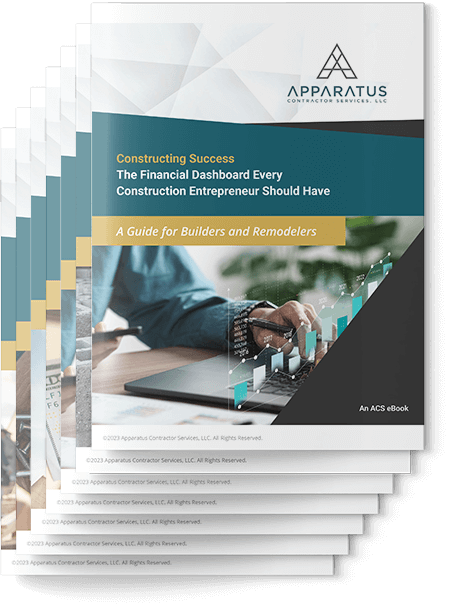In the busy world of construction, every project you undertake involves a myriad of financial intricacies. From labor costs and material expenditures to overhead and profit margins, the financial landscape of your business is as complex as the structures you build. Having a clear, accurate understanding of your numbers is crucial to ensure your projects – and your business – are profitable. This is where project-based bookkeeping comes in. Let’s deconstruct construction accounting and discuss the best practices for managing your business’s financial health.
Understanding Project-Based Bookkeeping in Construction
Project-based bookkeeping, or job costing, is a method used to allocate costs and revenues to individual projects. This method provides a granular view of your project’s financial performance, which is essential in the construction industry, where each job has its unique financial footprint.
By applying project-based bookkeeping, you can:
- Track and control project costs: Job costing allows you to see where your money is going in real time, helping you make necessary adjustments and control costs effectively.
- Evaluate project profitability: By comparing revenue against costs, you can determine the profitability of each project, helping you make more informed business decisions. Best Practices for Project-Based Bookkeeping in Construction
Now, let’s dive into the best practices that can elevate your construction accounting:
Detailed Job Costing: Start by categorizing your costs per project. This includes direct costs such as materials, labor, and subcontractor fees and indirect costs like equipment rental, insurance, and permits. The more detailed your job costing, the more accurately you can gauge project profitability.
Regular Financial Reviews: Regularly review your project’s financials. Comparing the estimated costs with actual costs can help you identify discrepancies and make necessary adjustments in a timely manner.
Leverage Technology: Use construction-specific accounting software to automate your bookkeeping tasks. These tools offer features like cost tracking, invoicing, and financial reporting, enabling you to focus more on project execution.
Work With a Professional: Consider working with a financial expert who understands the nuances of construction industry bookkeeping. Their expertise can help you maximize profitability and ensure financial compliance.
Plan for the Unexpected: Construction projects are prone to unforeseen expenses. Building a contingency fund to your project budget is prudent to account for such surprises.
The Cornerstone of Construction Business Success
Project-based bookkeeping is the cornerstone of a successful construction business. By implementing these best practices, you can understand your financial landscape comprehensively, make more informed business decisions, and steer your business towards sustainable growth.
Remember, construction accounting is not just about recording numbers. It’s about building a solid financial structure to support your business’s ambitions and profitability.
GET THE PROFESSIONAL BOOKKEEPING HELP YOU NEED
Apparatus Contractor Services, LLC provides affordable bookkeeping, payroll, and CFO services exclusively to construction-industry businesses. Let us give you the precision bookkeeping foundation you need to grow a remarkably profitable construction business. LEARN MORE









